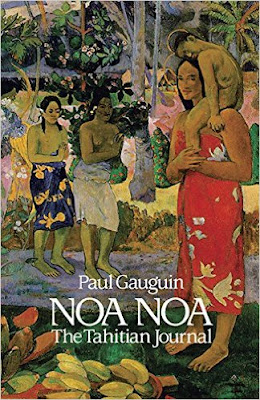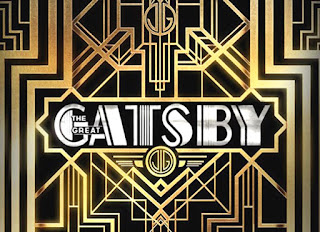Blood & Beauty & Borgias, Oh My!
 So, to combat the great injustice done unto the human race by Showtime when they denied the world a fourth season of The Borgias, I set out to read all the books ever written about the Borgia family ever. That goal lasted about five seconds because, let me tell you, there are a lot of books about the Borgias. They're so delightfully scandalous. Anyway, before I totally gave up on that goal, I was able to read Blood & Beauty by Sarah Dunant.
So, to combat the great injustice done unto the human race by Showtime when they denied the world a fourth season of The Borgias, I set out to read all the books ever written about the Borgia family ever. That goal lasted about five seconds because, let me tell you, there are a lot of books about the Borgias. They're so delightfully scandalous. Anyway, before I totally gave up on that goal, I was able to read Blood & Beauty by Sarah Dunant. Normally, I don't read recent releases, but I have to say, in this case, this book totally lived up to the hype. Blood & Beauty is a compelling, vividly imagined portrait of renaissance Italy at it's best, worst, and smuttiest. I loved it.
Blood & Beauty wasn't the first book I read about the Borgias, so I knew the basic plot line going into the story, but what shocked me was the depth of emotion that Dunant was able to summon when writing about people so long dead and, more importantly, so long disliked. Like, I hate Juan Borgia, but even I was tearing up when she described Alexander's reaction to his death.
In general though, I did like her portrayl of female characters. Lucrezia certainly had a lot of depth and really proved her metal as a self contained character, which was something that TV show Lucrezia, who is so dependent on male characters, sort of fails to do. Sancia also plays a bigger role in the book than in the TV show, in which she is essentially cast as the hysterical slut. Don't get me wrong, she's plenty hysterical in the book, the difference is that, in the book, you understand why. Giulia Farnese also has a more realistic role. I like that, in the book, they show her as a far more vulnerable, younger girl. Which, of course, is how she was in real life.
I also felt that the book portrayed a much more balanced view of male characters, particularly Juan and Cesare (no matter if it's TV show or book, no one seems to care about Jofré, poor kid). If you watch the TV show The Borgias, you get the idea that Juan is this wacko syphilitic who goes around murdering people in opium dens. Cesare, on the other hand, is supposed to be the golden child who protects the family. In the book, you see a lot more of Cesare's dark side: he sleeps with his brother's wife, he murders his brother in law, he contracts sexually transmitted diseases, he becomes a world-class matador; apparently, he has it all! Seriously though, bull fighting and degradation of women - I didn't realize the Borgias read Hemingway.
Just readin'




Comments
Post a Comment